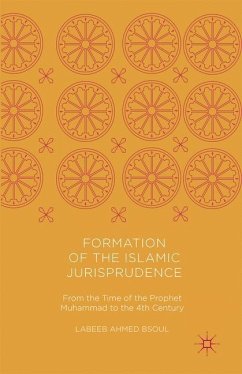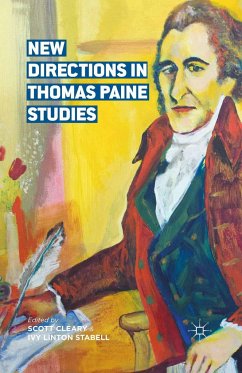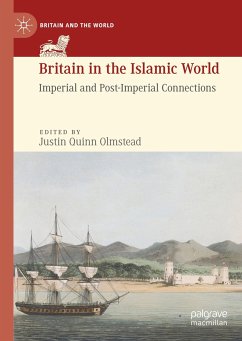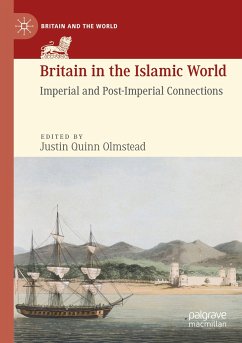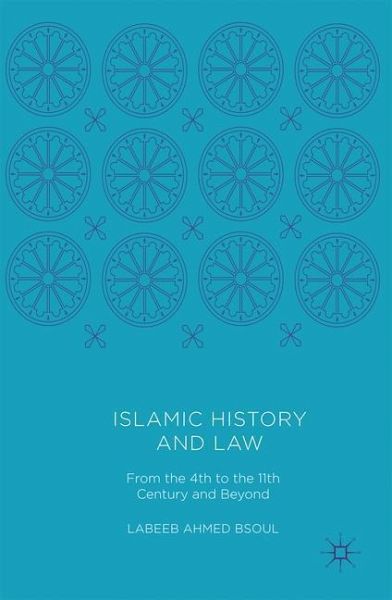
Islamic History and Law
From the 4th to the 11th Century and Beyond

PAYBACK Punkte
33 °P sammeln!
In Islamic History and Law, Labeeb Ahmed Bsoul undertakes an extensive examination of Islamic intellectual history, covering ages that witnessed different movements and doctrinal trends. While political and geographical factors certainly influenced the Islamic religious sciences, internal and intellectual factors exerted a much more substantial influence. This study gives priority to jurists' intellectual operations throughout the Muslim world, covering the historical development of Islamic jurisprudence from the middle of 4th century. Bsoul's examination of jurisprudential advances takes into...
In Islamic History and Law, Labeeb Ahmed Bsoul undertakes an extensive examination of Islamic intellectual history, covering ages that witnessed different movements and doctrinal trends. While political and geographical factors certainly influenced the Islamic religious sciences, internal and intellectual factors exerted a much more substantial influence. This study gives priority to jurists' intellectual operations throughout the Muslim world, covering the historical development of Islamic jurisprudence from the middle of 4th century. Bsoul's examination of jurisprudential advances takes into account the shifting dominance of particular centers of legal scholarship in light of competing doctrines and their adherents. This work sheds light on jurists of North Africa and the Andalus, who are rarely mentioned in general modern works, and also aims to demonstrate Muslim women's important role in the history of jurisprudence, highlighting their participation in the Islamic sciences. Bsoul relies mainly on Arabic primary sources to give an impartial presentation of these jurists and produce an accurate memory of the past based on objective knowledge.



